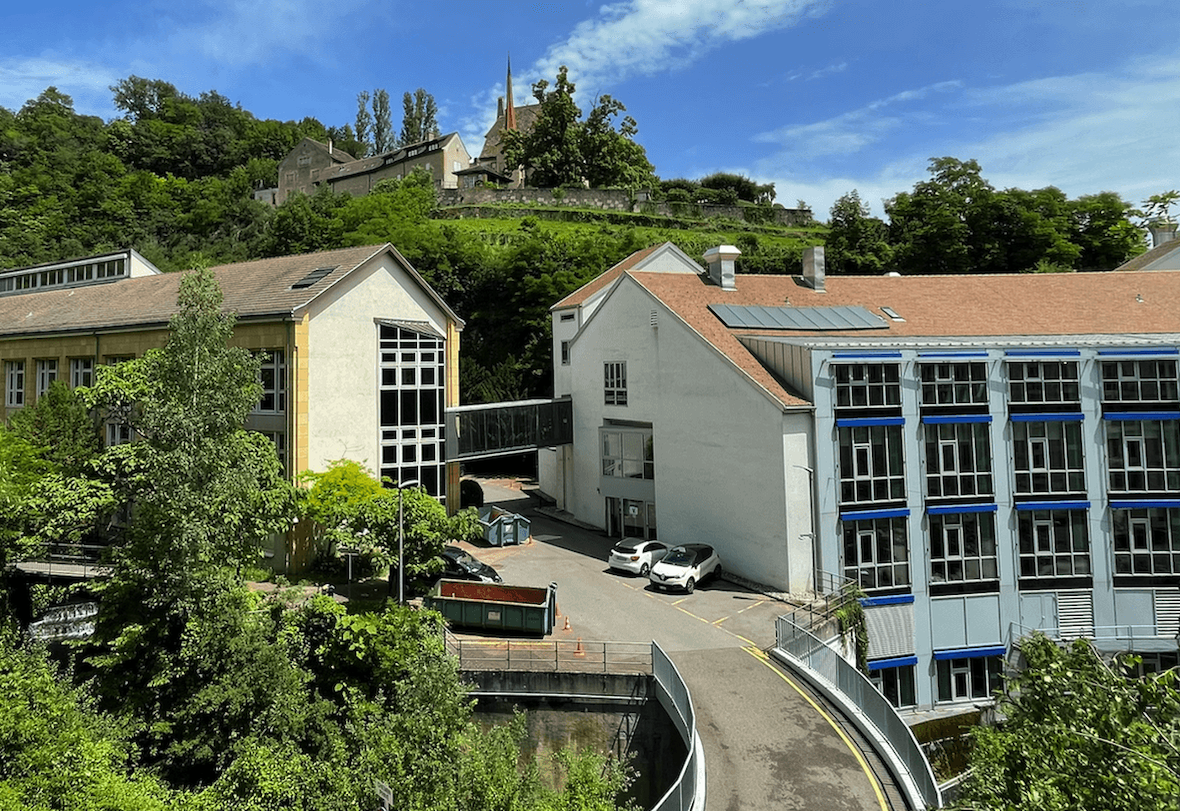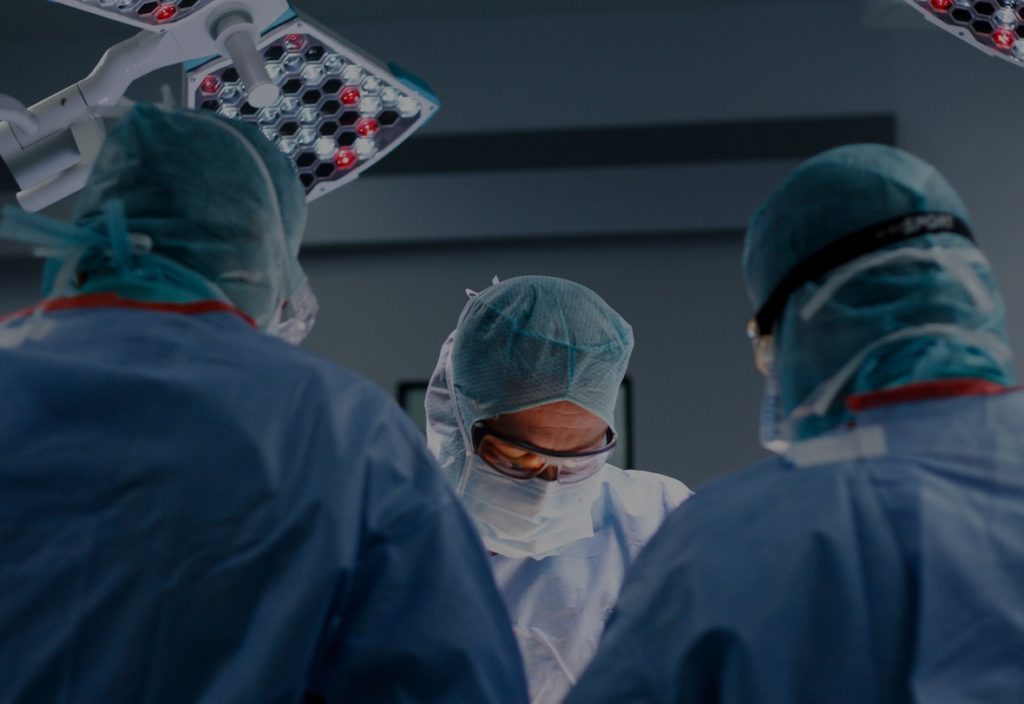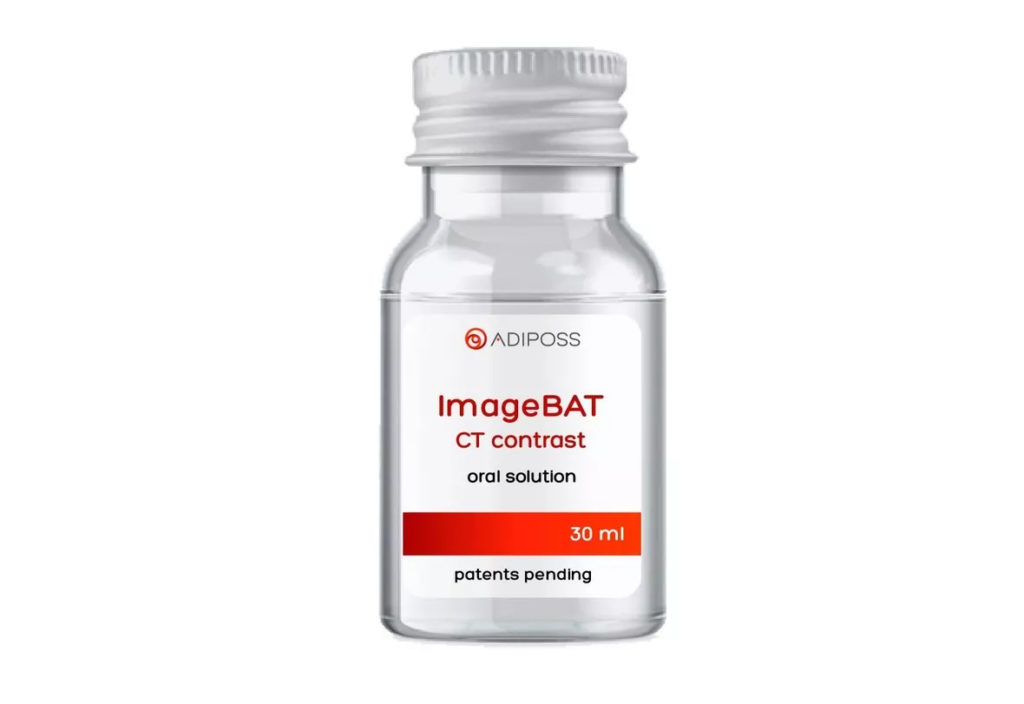
Neuchâtel embraces innovation in medical diagnostic technologies
8 July 2024
 The new innovation cluster will offer 7,000 square meters of space dedicated to cutting-edge light industry, with the creation of almost 400 new jobs. | © Usinnove
The new innovation cluster will offer 7,000 square meters of space dedicated to cutting-edge light industry, with the creation of almost 400 new jobs. | © Usinnove
The canton of Neuchâtel is positioning itself as a future leader in medical diagnostic technologies with the creation of a new innovation cluster.
The canton of Neuchâtel, in collaboration with the city of Neuchâtel, has announced the acquisition of two Philip Morris buildings in the Serrières Valley, a historic industrial area. The purchase, made in partnership with the Caisse cantonale d’assurance populaire and the Établissement cantonal d’assurance et de prévention, marks the start of an ambitious project: the creation of an innovation cluster specializing in medical diagnostic technologies. The 7,000-square-meter site, which will house nearly 400 jobs, will be managed by Microcity.
In an article published in Le Temps newspaper, Microcity director Jean-Marc Brunner explained that the aim is to make Neuchâtel a key player in medical diagnostic technologies, a key area for the development of precision medicine. Thanks to its expertise in microtechnology, microelectronics and automation, as well as its strategic geographic location between the Lake Geneva region and the pharmaceutical region of Basel, Neuchâtel has many assets that will help it stand out from the crowd.
The project is based on an innovative strategy: instead of trying to fill a building once it has been acquired, the project partners first identified the future occupants. Two multinationals, five SMEs, two laboratories and four academic partners (UniNE, EPFL, CSEM, HE-Arc) will form the nerve center of the Human Lean Diagnostics program created by Microcity. This program aims to develop diagnostic tools that meet specific industrial needs, with a solution-oriented approach.
Automation and miniaturization of diagnostic devices will make them more accessible to smaller structures and improve the precision of treatment. For example, home monitoring devices could allow patients to be discharged from the hospital sooner, while targeted treatments for certain cancers could be administered without waiting for drug responses. Overall, these innovations aim to improve efficiency and reduce healthcare costs.
For the canton of Neuchâtel, this project also strengthens its positioning within the Switzerland Innovation program, attracting European companies and raising its international profile. State Councillor Alain Ribaux emphasized that these promising new companies will form the fourth pillar of the Neuchâtel economy, alongside pharmaceuticals, watchmaking and tobacco.

